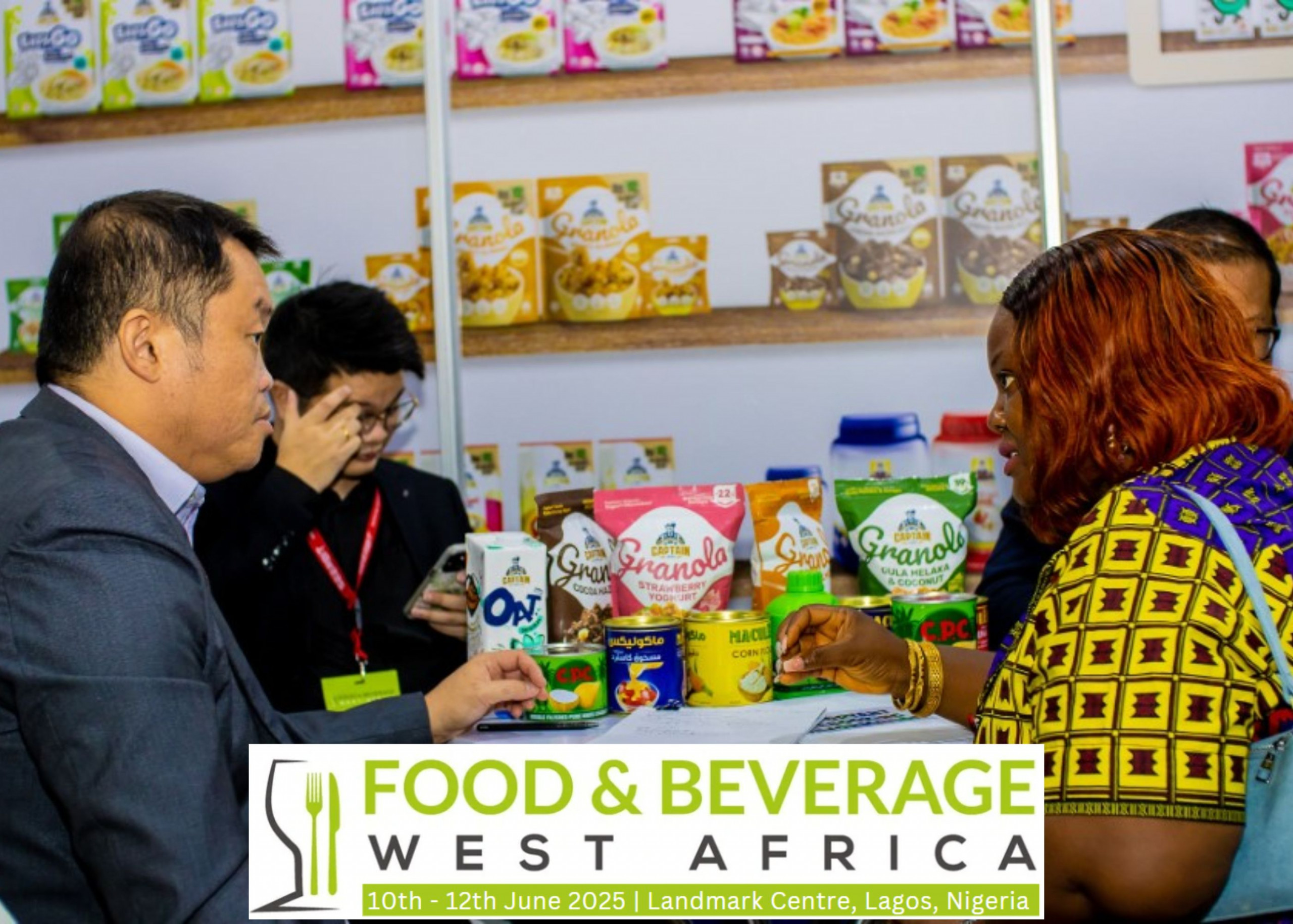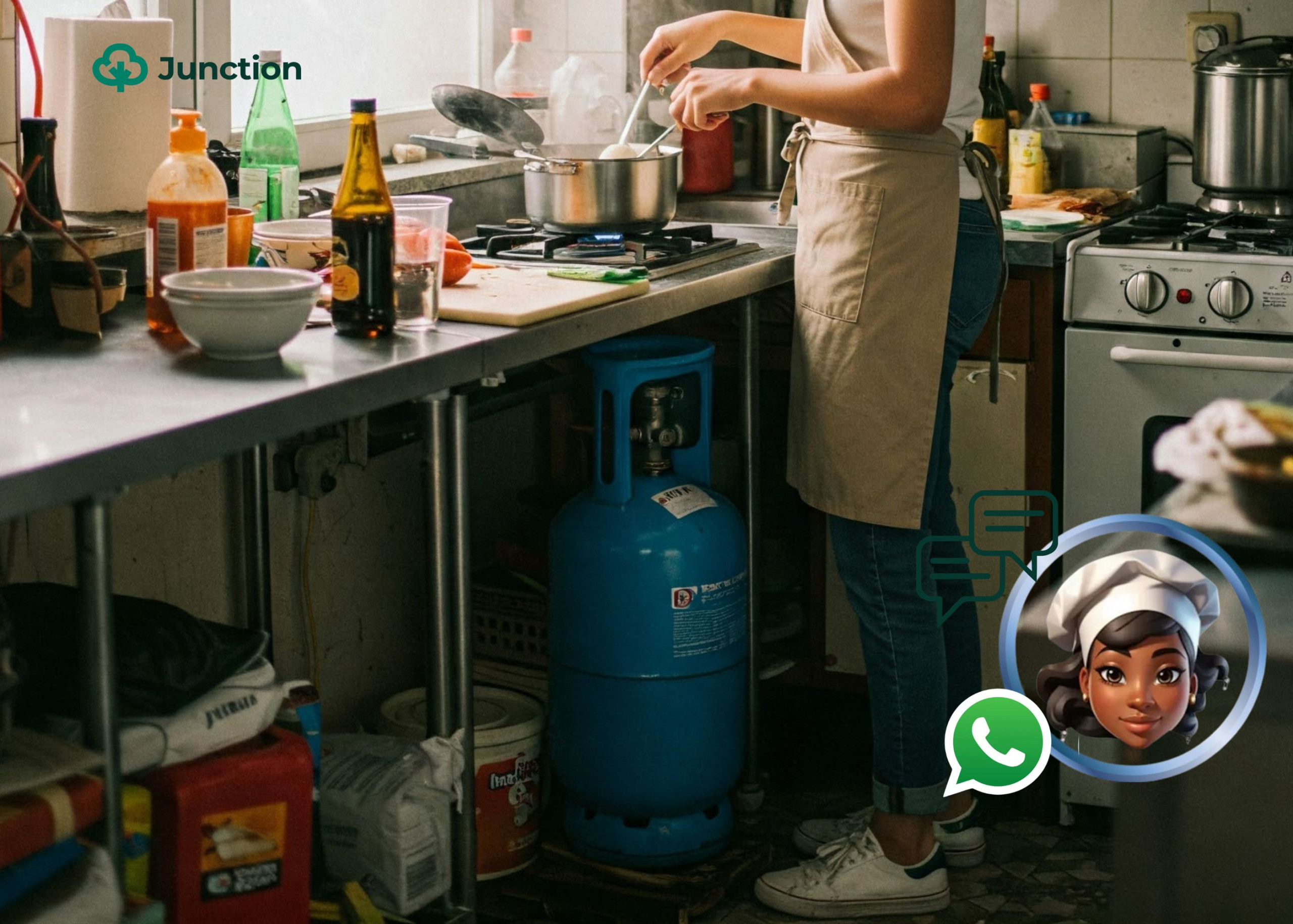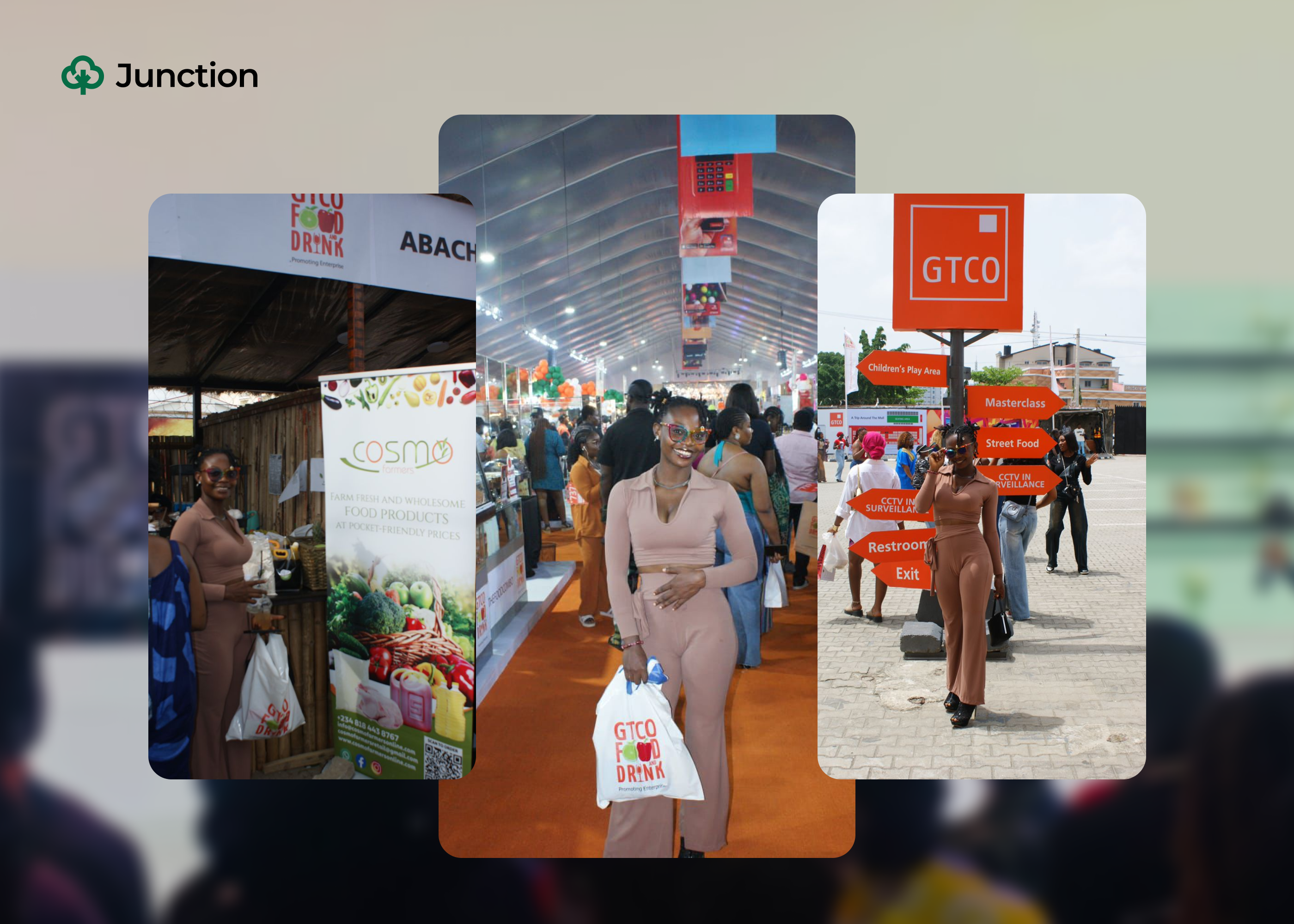When I walked into the Food and Beverage West Africa (FAB WA) 2025 exhibition at the Landmark Centre in Lagos, I honestly didn’t know what to expect.
Even with my experience at the GTCO Food and Drinks Festival, I had many questions, and my imagination was running wild.
But right at the entrance, it hit me, food is big business in Africa, and the sector never lacks in creativity and enterprise.
The crowd was massive. Locals and foreigners alike were scanning QR codes like clockwork. Inside? Four giant halls buzzing with energy. This was no ordinary consumer expo. This was business. Big business.
What is the Food and Beverage West Africa Exhibition?
A quick introduction for you, Food and Beverage West Africa is the largest trade exhibition on the African continent dedicated to the food and beverage industry. Exhibitors from all over the world showcase their products to thousands of professionals in the West African food and beverage sector. It is a meeting point for key players in the African food and beverage industry.
What stood out fast was who the event was really for: distributors, exporters, importers, and mostly foreign brands. These weren’t people selling to everyday shoppers. They were scouting the market, ready to strike deals, find reps, or lock in partnerships. That’s exactly why more Nigerian agribusiness startups need to be showing up at events like this.
About 300 companies were there, each with its own booth, designed to reflect their brand identity and display their products. Some brands were familiar, like Oriental Food Industries, makers of the Luna evaporated milk many Nigerians grew up with. However, a lot of others were completely new—foreign companies trying to create awareness for products they haven’t even started distributing in Nigeria yet.
That alone should tell us something: the Nigerian market is open, and companies outside the country are actively trying to get in.
I met reps from XiangDa Food, a Chinese brand that has been around for 27 years. They produce everything from Tapioca boba to Durian fruit jam, and have partnered with over 1,500 brands globally. They spoke confidently about their R&D processes, brix control (which affects sweetness and texture), and meeting international quality standards.
Imagine what a local Nigerian food startup could gain from simply having a conversation with someone like that.
Then there was AL RHEA General Trading L.L.C., distributors of staple grains and ingredients like Aeroplane Indian Basmati Rice, suitable for diabetics and weight-conscious consumers.
These aren’t small players. And they’re not here for show. They came to understand Nigeria, explore its food ecosystem, and look for partners. There’s a message in that.
Perhaps Nigerian agri-businesses can emulate their curiosity about and openness to the Nigerian market, and get a grasp of their market entry strategy, which is helping them thrive even in a foreign land.
Our Local Brands Held Their Ground
While the event was dominated by international brands, a few Nigerian companies showed up and showed out.
CHF Heron, for instance, hosted a 3-day food masterclass led by Chef Agabus, who taught us how to make Plantain Wraps using spices from Badia. I tasted it, it was creative, flavourful, and Nigerian through and through. That session alone got a lot of attention.
There was also Oma’s Whole Foods (chips), Mamae Spices, Loom Craft Chocolate (locally sourced high-quality chocolate), and TPV Foods, who produce gourmet garlic and ginger purée. These companies had products that could easily compete globally, but they also showed the value of representation, being present in a space where buyers, partners, and competitors are watching.
What Nigerian Agric Startups Missed at FAB West Africa
If you’re building a Nigerian food or agric product brand and you weren’t at FAB WA 2025, here’s what you missed:
- Packaging Inspiration: Foreign companies don’t joke with presentation. Shelf appeal matters, and creative agro-packaging is a crucial success factor for agribusinesses.
- Market Trends & Buyer Psychology: What ingredients or products got buyers talking? You would’ve seen it. Events like these present a rare opportunity to bring those who matter in the food market under one roof.
- Global Standards: You’d see firsthand what international quality and compliance look like. There were practical insights into how brands are keeping quality and regulatory standards while expanding their creativity and innovation.
- Partnership potential: Several brands were looking for local reps, distributors, or partners. Cross-country partnerships and global market access are important for agribusinesses.
- Product Demos and R&D Ideas: From cooking Alaska Pollock to blending spices for Nigerian dishes, there was plenty of innovation on display and important lessons on product activation and promotion.
Why is More Nigerian Presence needed at FAB WA?
I genuinely believe Nigerian agric startups have a lot to offer the global food space. But visibility is key. This event showed that the Nigerian food sector is attracting global attention, and we have to be proactive in defining our place in it. You don’t always need a booth. Sometimes, all you need is your curiosity, a business card, and a willingness to learn.
FAB WA 2025 may not seem ‘made’ for small Nigerian agribusinesses, but it’s exactly where Nigerian agribusinesses should be. Events like this are more than trade exhibitions. They are free market research, networking opportunities, and idea factories. For knowledge, opportunity, and visibility.
Because when you’re building something great, being present in the right rooms can change everything.



